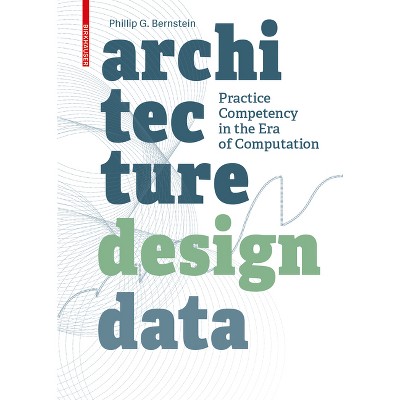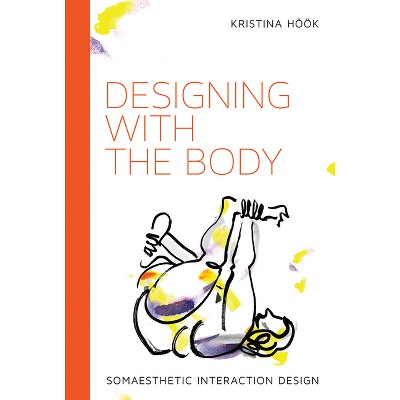Sponsored

Adversarial Design - (Design Thinking, Design Theory) by Carl DiSalvo (Paperback)
In Stock
Sponsored
About this item
Highlights
- An exploration of the political qualities of technology design, as seen in projects that span art, computer science, and consumer products.In Adversarial Design, Carl DiSalvo examines the ways that technology design can provoke and engage the political.
- About the Author: Carl DiSalvo is Assistant Professor of Digital Media in the School of Literature, Communication, and Culture at Georgia Institute of Technology.
- 168 Pages
- Art, History & Criticism
- Series Name: Design Thinking, Design Theory
Description
About the Book
An exploration of the political qualities of technology design, as seen in projects that span art, computer science, and consumer products.Book Synopsis
An exploration of the political qualities of technology design, as seen in projects that span art, computer science, and consumer products.In Adversarial Design, Carl DiSalvo examines the ways that technology design can provoke and engage the political. He describes a practice, which he terms "adversarial design," that uses the means and forms of design to challenge beliefs, values, and what is taken to be fact. It is not simply applying design to politics--attempting to improve governance for example, by redesigning ballots and polling places; it is implicitly contestational and strives to question conventional approaches to political issues.
DiSalvo explores the political qualities and potentials of design by examining a series of projects that span design and art, engineering and computer science, agitprop and consumer products. He views these projects--which include computational visualizations of networks of power and influence, therapy robots that shape sociability, and everyday objects embedded with microchips that enable users to circumvent surveillance--through the lens of agonism, a political theory that emphasizes contention as foundational to democracy. DiSalvo's illuminating analysis aims to provide design criticism with a new approach for thinking about the relationship between forms of political expression, computation as a medium, and the processes and products of design.
About the Author
Carl DiSalvo is Assistant Professor of Digital Media in the School of Literature, Communication, and Culture at Georgia Institute of Technology.Shipping details
Return details
Frequently bought together
Trending Non-Fiction

















